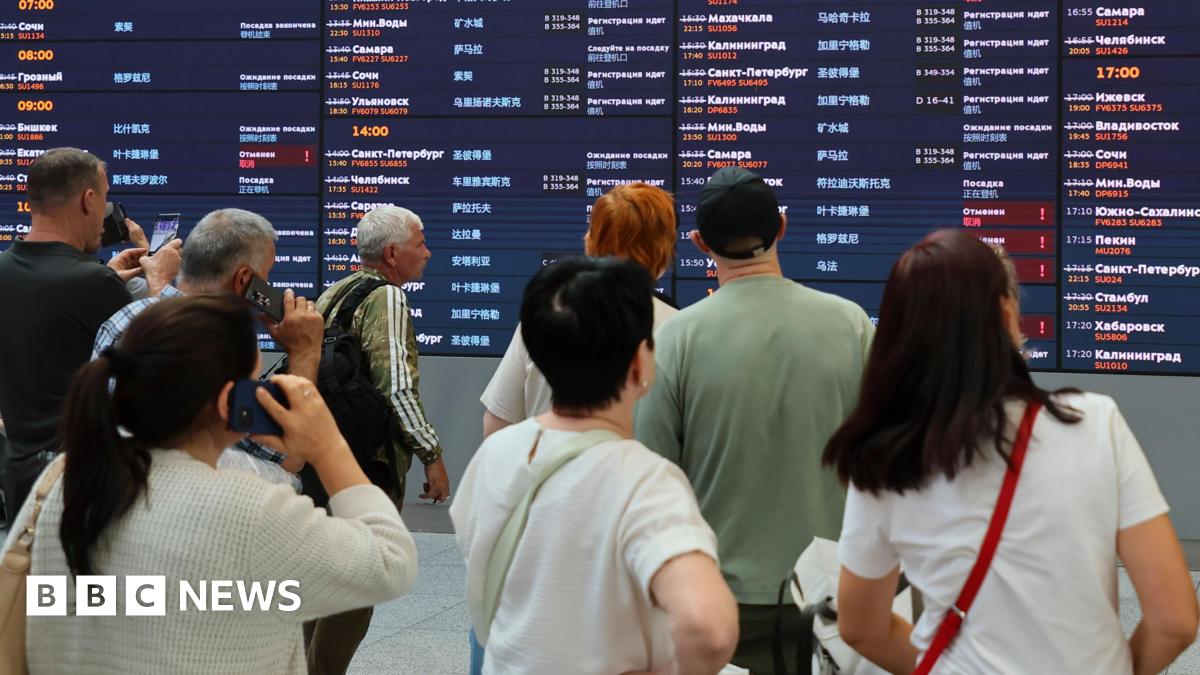T4K3.news
Prisoner swap agreed amid stalled Russia-Ukraine talks
Russia and Ukraine have finalized a prisoner exchange during their talks, but further negotiations yielded little progress.

Recent talks in Istanbul saw Russia and Ukraine agree to a prisoner swap but little else.
Russia and Ukraine negotiate prisoner exchange with limited success in peace talks
In their latest talks in Istanbul, Russia and Ukraine reached an agreement for a prisoner exchange but struggled to agree on ceasefire terms. The meeting lasted less than an hour and followed a tense period marked by US President Donald Trump’s 50-day deadline for Russia to pursue peace or face severe tariffs. The talks revealed contrasting stances on ceasefire proposals: Ukraine seeks a full ceasefire while Russia suggests brief, localized ones. Former Ukrainian defense minister Rustem Umerov proposed a summit by August for both presidents to discuss terms, but Russia’s delegate responded that such a meeting is only appropriate to finalize agreements. Despite the stalemate, they agreed to exchange approximately 250 prisoners from each side, with future exchanges also anticipated. However, hopes for a broader peace agreement remain dim, as both sides continue to suffer severe casualties and express opposing demands.
Key Takeaways
"Bringing all our people back is a priority for the state"
Ukrainian President Zelensky emphasizes the importance of returning prisoners after the talks.
"The two sides’ negotiating positions remain diametrically opposed"
Kremlin spokesperson Peskov describes the current state of negotiations, indicating a lack of progress.
"Only a meeting of the two leaders can end the war"
Zelensky's statement reflects the continued call for direct dialogue between him and Putin.
"Russia will likely hit the 1 million casualty mark in the summer of 2025"
A grim prediction about ongoing casualties in the conflict, indicating severe impacts.
These talks spotlight the ongoing struggle for diplomatic resolutions in a conflict that has brought devastating losses to both Russia and Ukraine. The prisoner exchanges underscore a glimmer of progress in dialogue, yet they also highlight the deep-rooted divisions that prevent meaningful advancements in peace. The pressures from external actors, such as the United States, influence the dynamics of the negotiation process. Kremlin officials emphasize that the negotiating positions are ‘‘diametrically opposed,’’ suggesting that without significant compromises, attempts at a diplomatic resolution may continue to fall short, leaving casualties to mount and the humanitarian crisis to worsen.
Highlights
- Prisoner exchanges show some progress but highlight deeper divides.
- Full ceasefire calls remain unmet as negotiations stall.
- Diplomatic resolutions seem elusive amid ongoing casualties.
- External pressures may influence future talks but results remain uncertain.
Political risks surround ongoing negotiations
The talks entail significant political nuances, with external pressures, such as US sanctions and shifting positions, complicating the relationship between Russia and Ukraine. Low expectations for breakthroughs alongside increasing casualties raise the stakes for future diplomatic efforts.
The ongoing stalemate raises questions about the future of peace in the region as casualties increase.
Enjoyed this? Let your friends know!
Related News
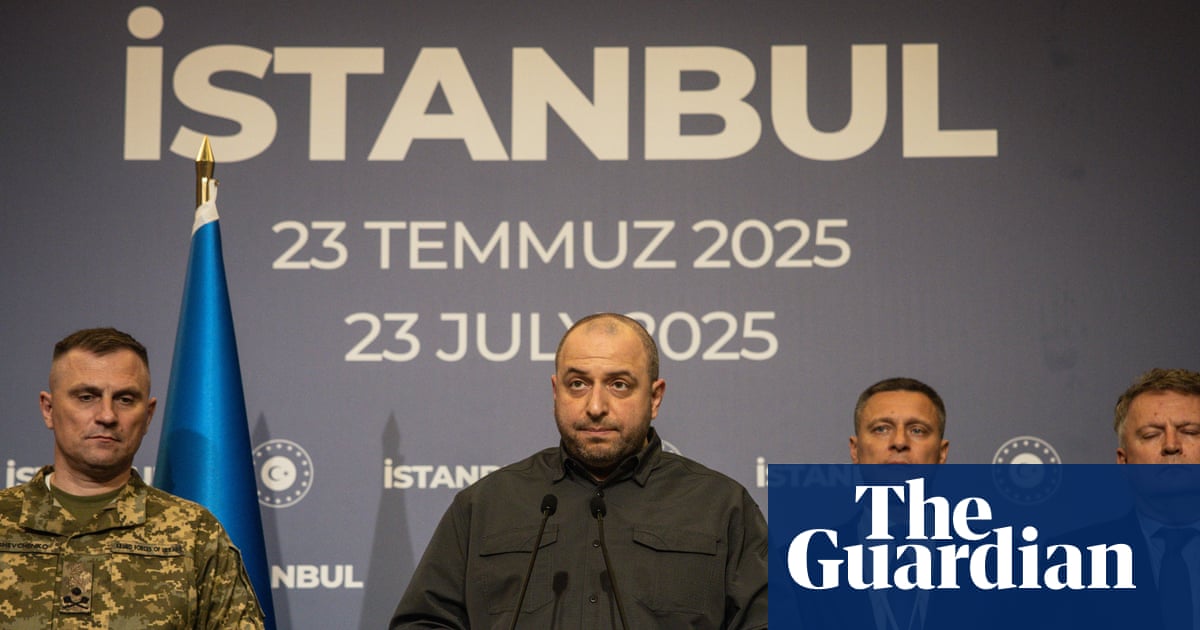
Russia and Ukraine finalize plans for more prisoner swaps
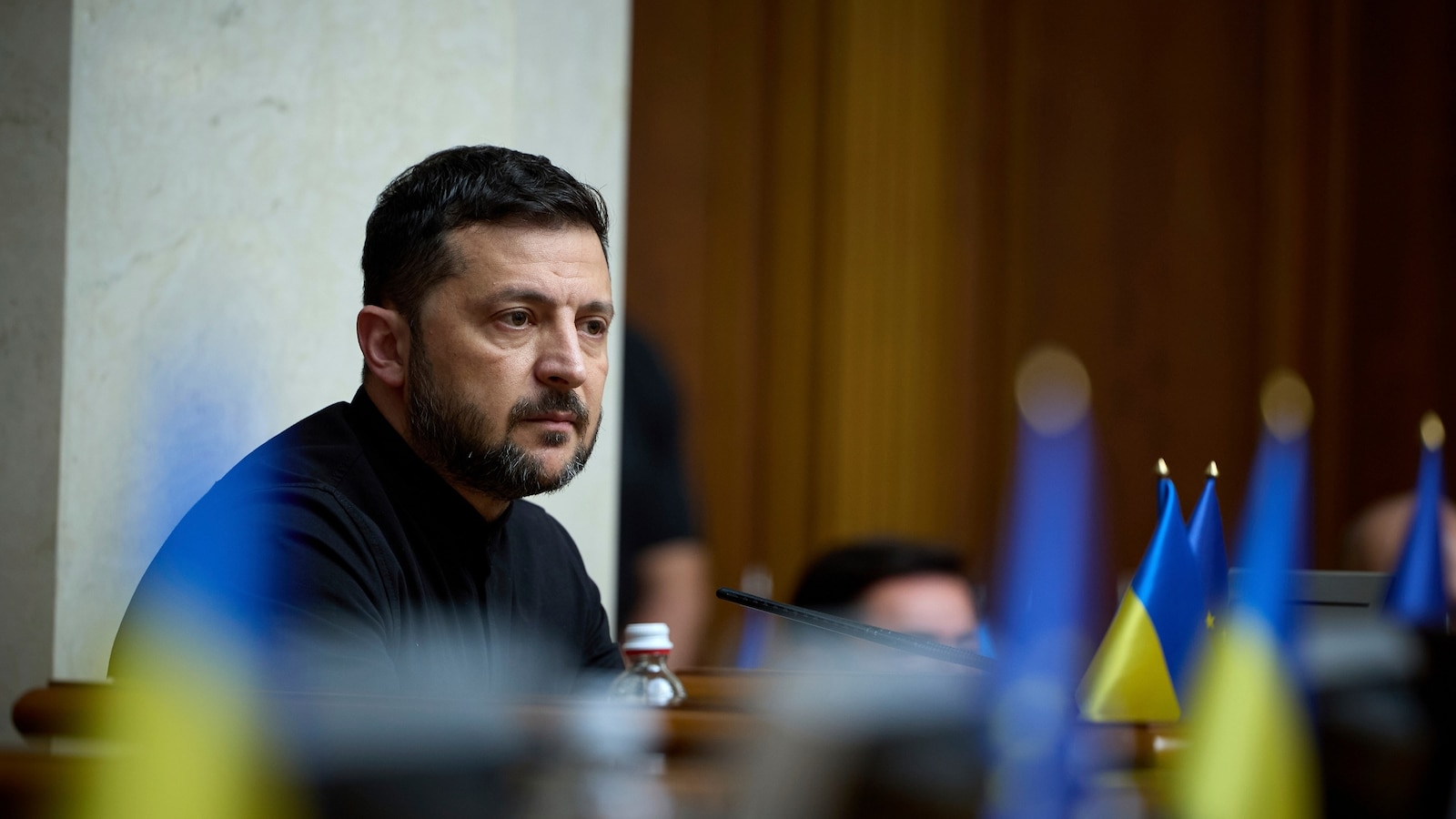
New Ukraine-Russia talks confirmed for Wednesday in Turkey

Zelenskyy calls for new round of peace talks with Russia
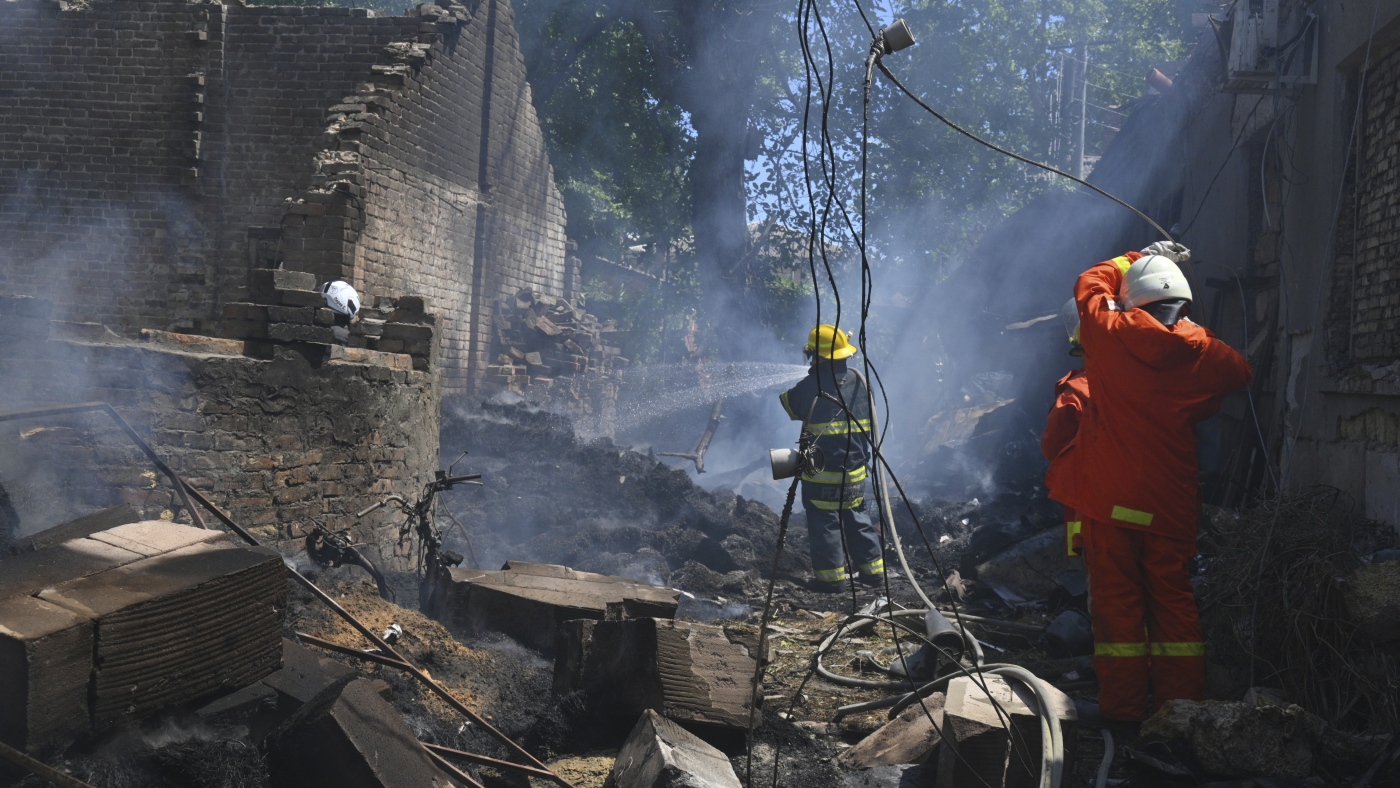
Russia and Ukraine engage in third ceasefire talks
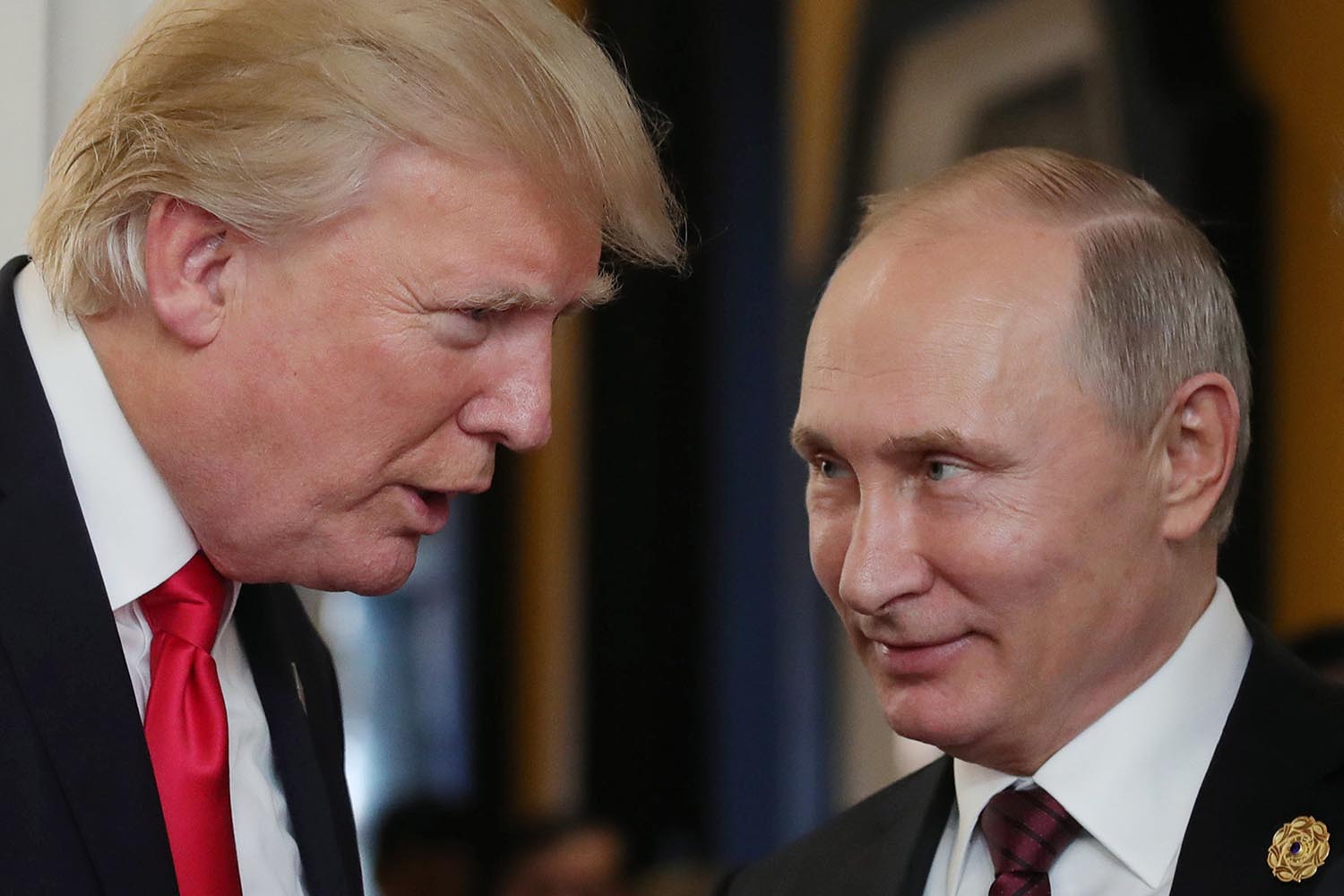
Trump escalates conflict with Russia over Ukraine
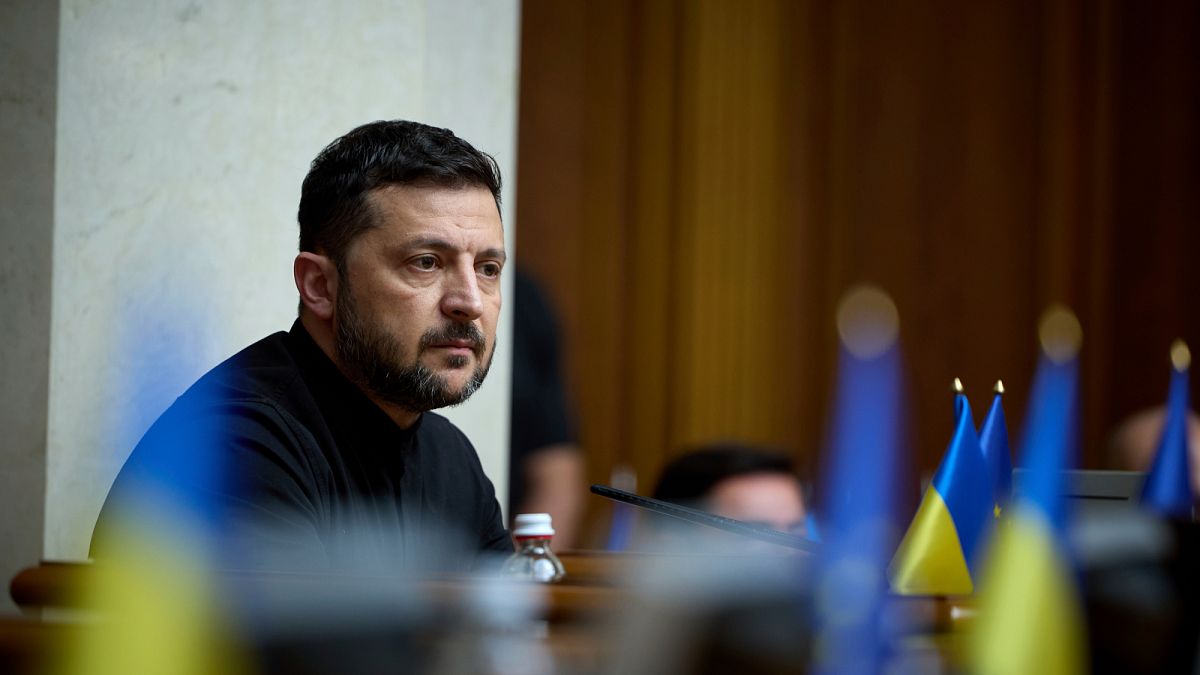
Ukraine and Russia plan fresh negotiations in Turkey
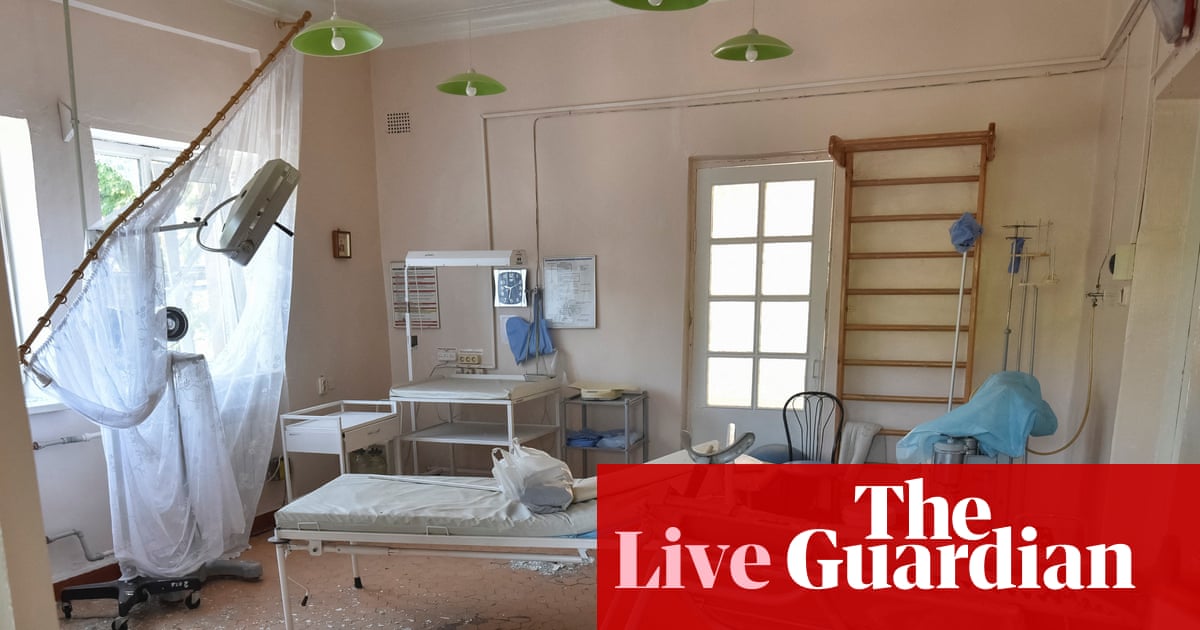
Zelenskyy reports 22 killed in overnight Russian strikes

Kremlin signals peace talks conditional on military aims
